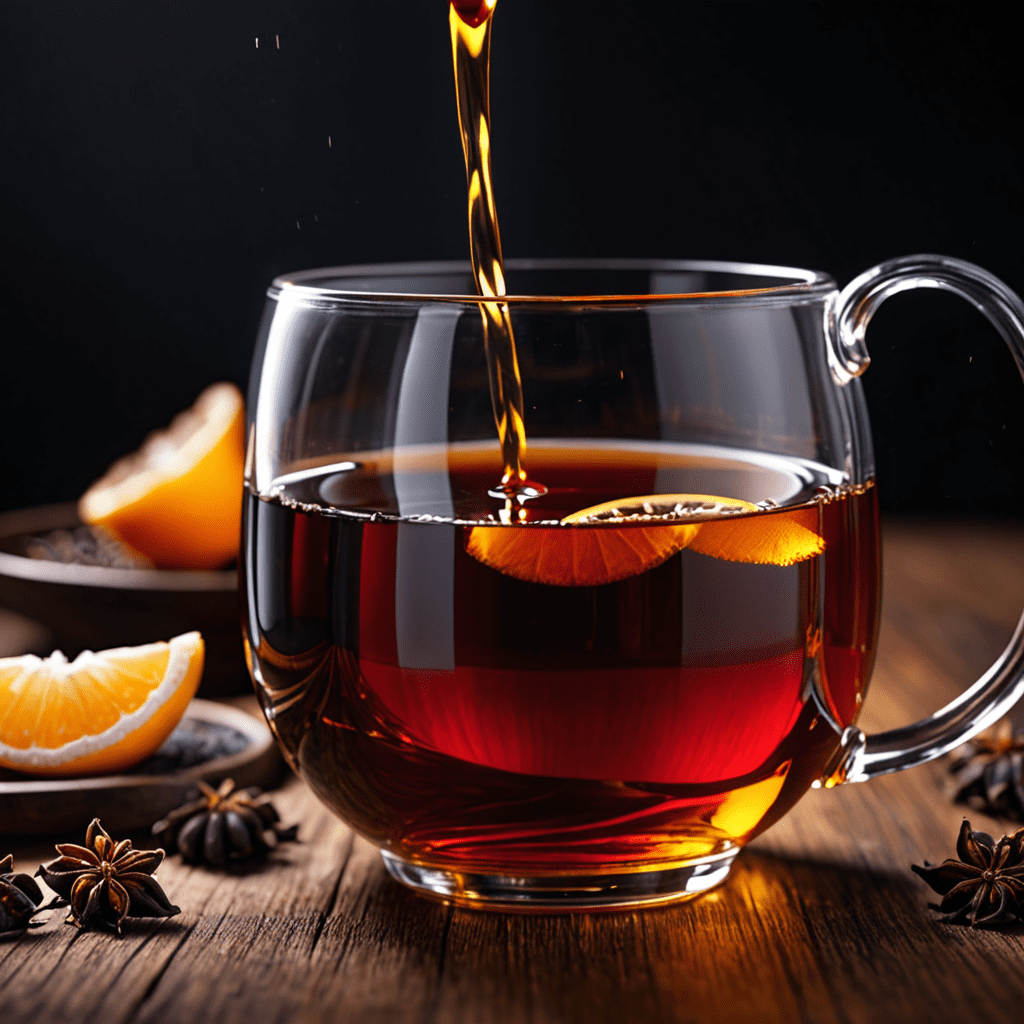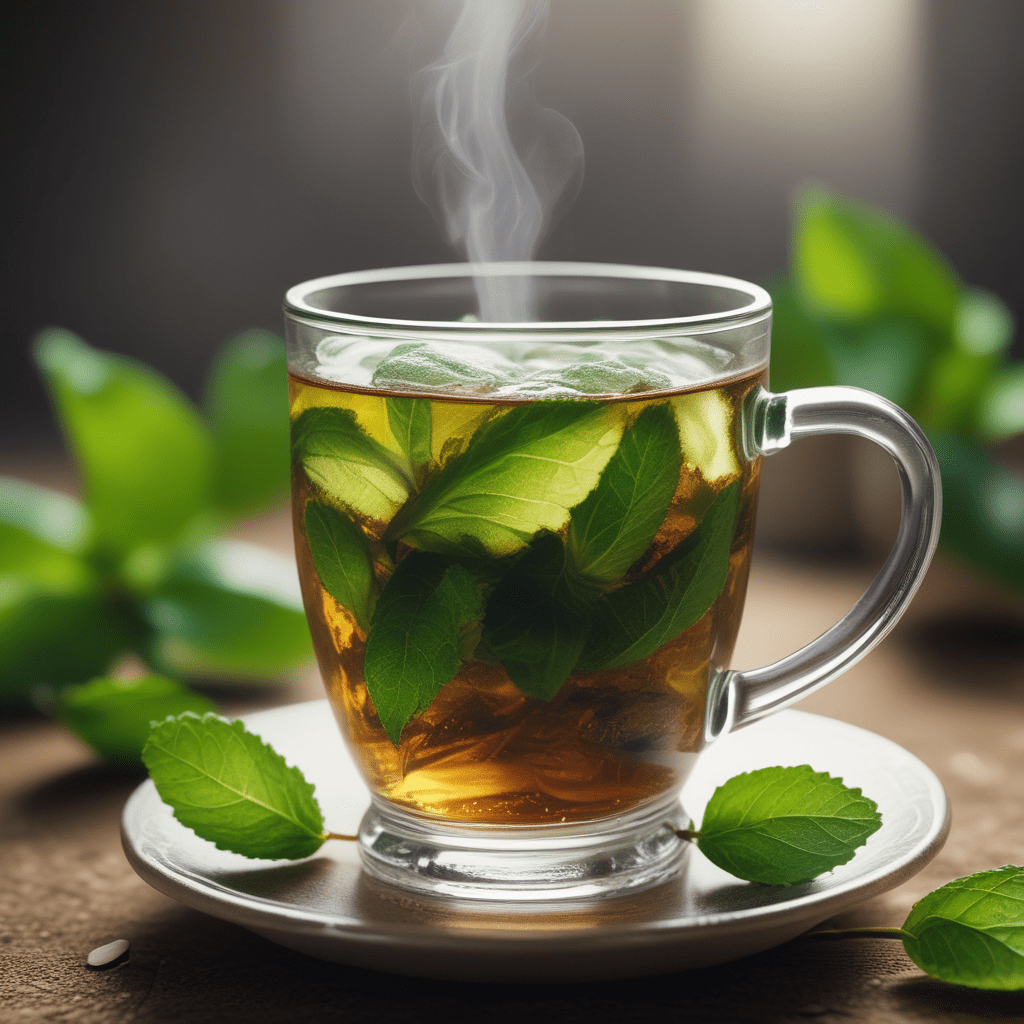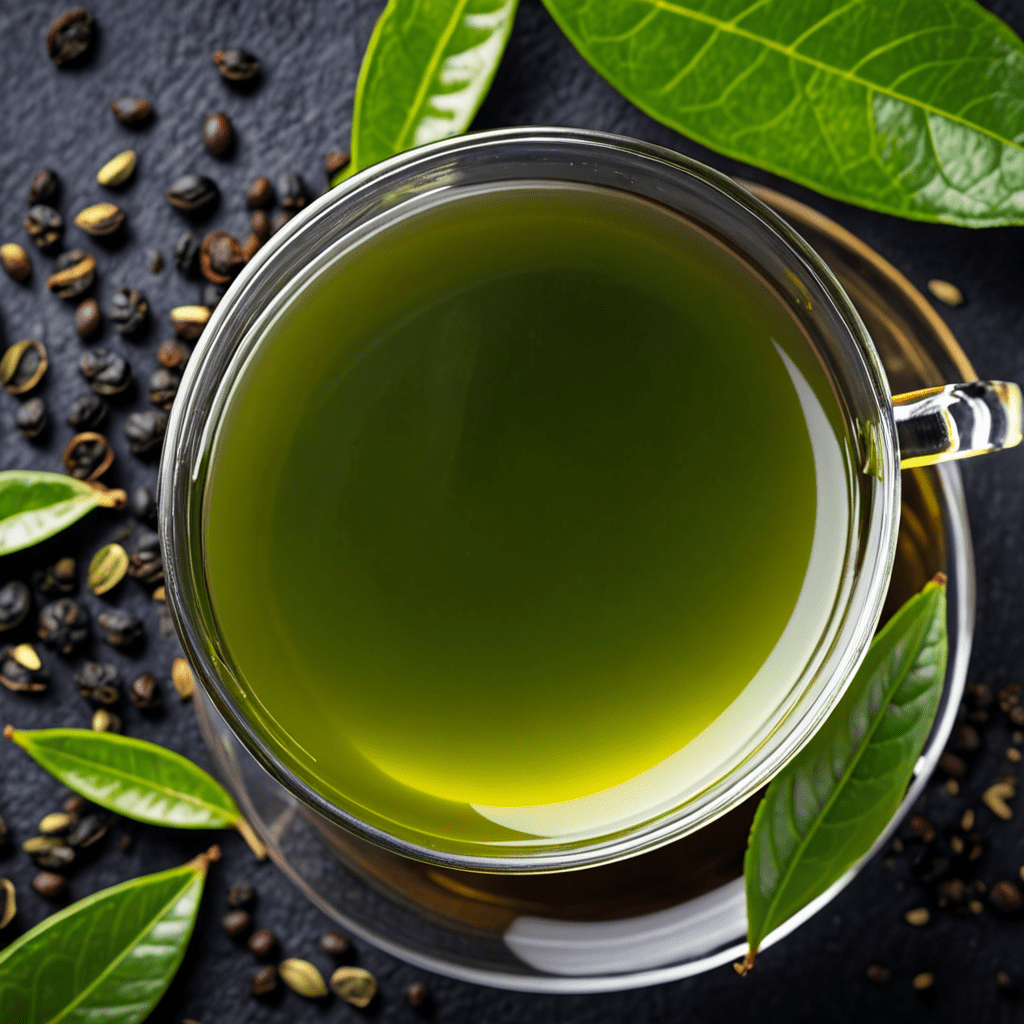
Why Is My Black Tea Bitter?
The Science Behind Bitterness in Black Tea
Understanding why your black tea tastes bitter begins with examining the science behind it. Bitterness in tea is primarily caused by the presence of tannins, a class of compounds found in tea leaves. Tannins are a natural plant defense mechanism, protecting the leaves from predators and providing a bitter taste.
Steeping Time and Temperature
The steeping time and temperature greatly influence the bitterness of black tea. Oversteeping tea for too long, or steeping it in water that is too hot, can extract more tannins and result in a bitter taste. To avoid bitterness, follow the recommended steeping time and temperature for your specific black tea variety.
Quality of Tea Leaves
The quality of tea leaves you use can also affect the bitterness of your black tea. Lower-quality leaves may contain more tannins, resulting in a bitter taste. Choosing higher-quality teas can help reduce bitterness and enhance the overall flavor of your brew.
Water Quality and Composition
The water you use to brew your black tea can impact its taste. Hard water, which contains high levels of minerals like calcium and magnesium, can enhance bitterness. Using filtered or softer water can help minimize the presence of these minerals and result in a smoother, less bitter tea.
Storage and Freshness
The way you store your black tea can affect its bitterness. Exposure to moisture, air, and light can cause tea leaves to deteriorate and become more bitter over time. To maintain freshness and prevent bitterness, store your black tea in an airtight container in a cool, dark place.
Frequently Asked Questions (FAQ)
- Can I reduce the bitterness of already brewed black tea?
- Does steeping black tea for a shorter time reduce bitterness?
- Are there any specific black tea varieties that are less bitter?
- Can the bitterness in black tea be a sign of a brewing mistake?
- Are there any health benefits associated with the bitterness in black tea?
Yes, there are a few methods that may help reduce the bitterness of already brewed black tea. You can try adding a small amount of sweetener like honey or sugar, which can help balance the bitterness. Another option is to dilute the tea with additional hot water to mellow out the taste.
Steeping black tea for a shorter time can indeed help reduce bitterness. By reducing the contact time between the tea leaves and hot water, you extract fewer tannins, resulting in a less bitter taste. Experiment with steeping times to find the perfect balance for your preferred flavor profile.
While bitterness can vary among different black tea varieties, there are no specific varieties that are universally less bitter. However, certain black tea types, such as Darjeeling or Ceylon, may be known for their smoother and less astringent flavors. It is always helpful to read reviews and descriptions when selecting black teas to find ones that suit your taste preferences.
Yes, excessive bitterness in black tea can often be a result of brewing mistakes. Oversteeping, using water that is too hot, or using poor-quality tea leaves can all contribute to a more bitter taste. Paying attention to brewing parameters and using high-quality ingredients can help minimize bitterness and improve your tea-drinking experience.
While bitterness in black tea is generally regarded as undesirable, it is worth noting that some compounds responsible for bitterness, such as tannins, can have potential health benefits. Tannins are known for their antioxidant properties and may contribute to the tea’s overall health benefits. However, moderation is key, and excessive bitterness should still be avoided.

